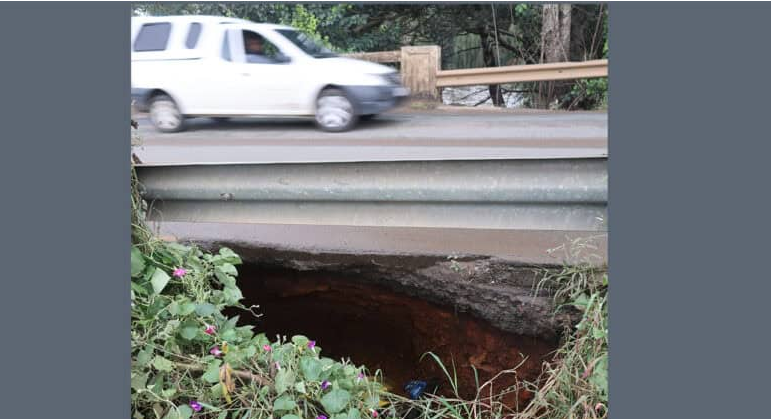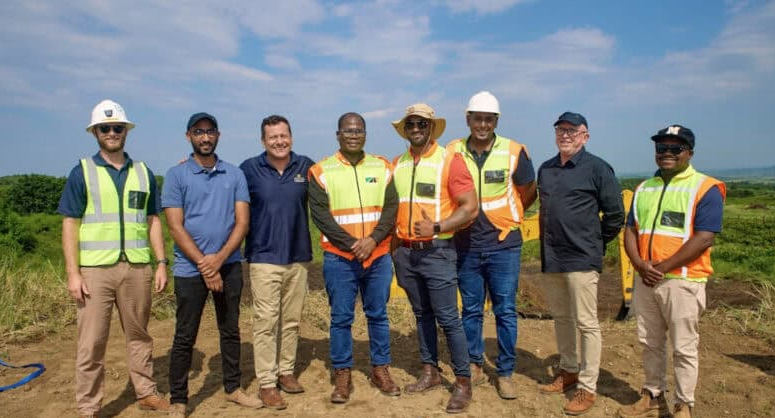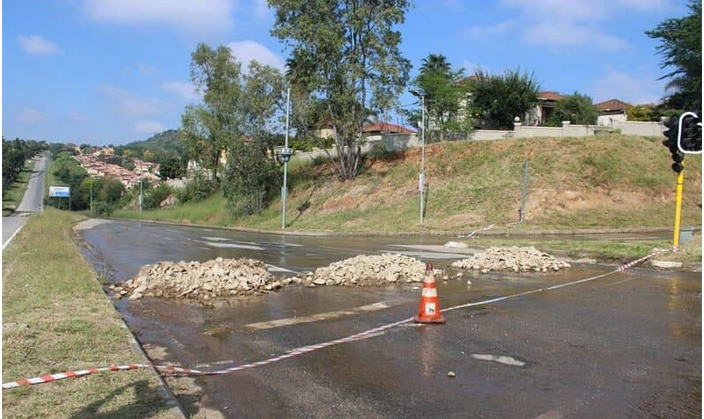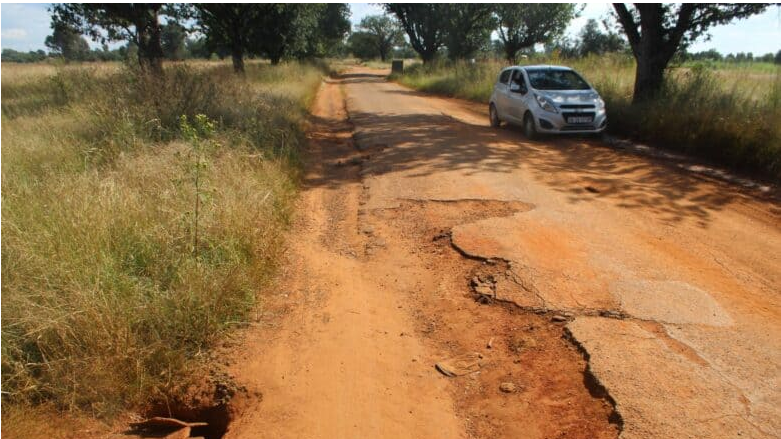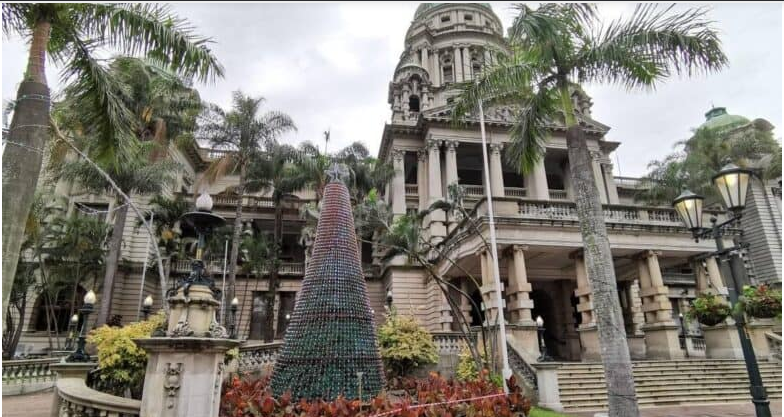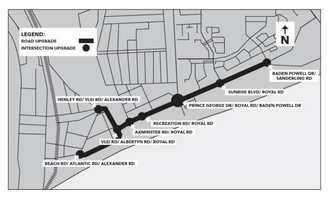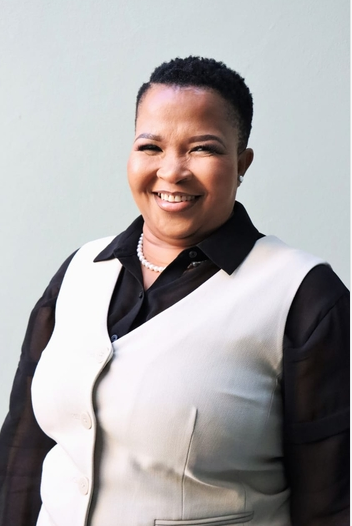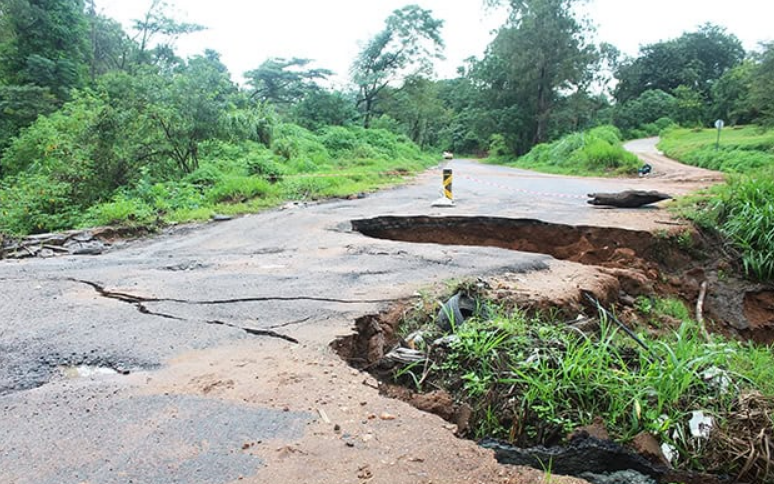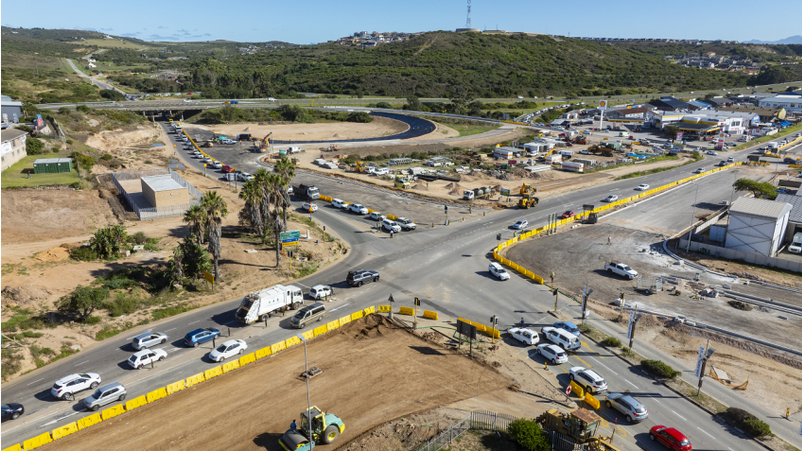Leveraging South Africa’s leadership for astronomy development in Africa
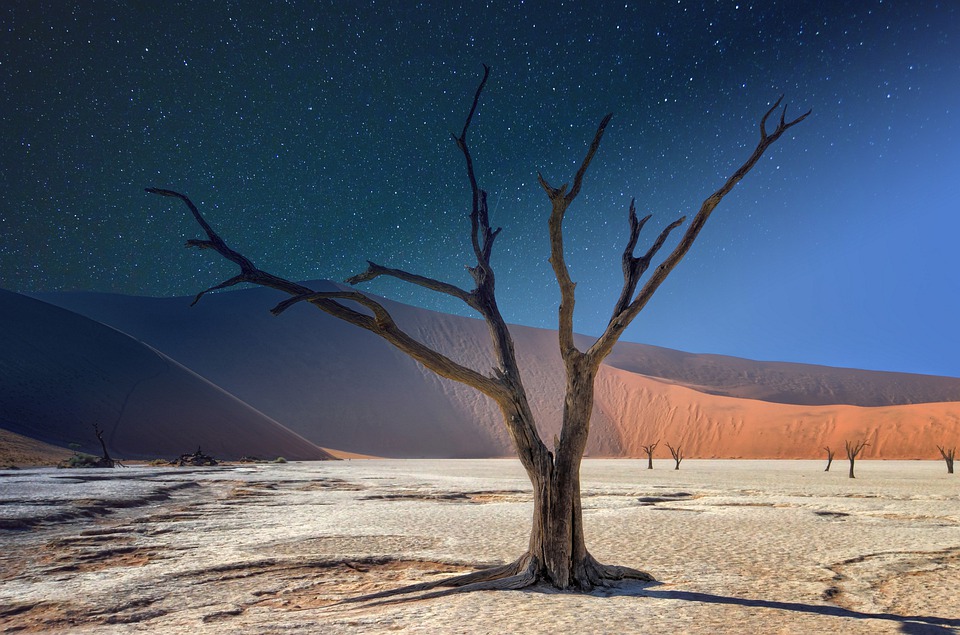
08-12-2021
Read : 305 times
The Star
Source
On 15 October 2021, the Square Kilometre Array (SKA) Observatory signed hosting agreements for its telescopes and associated infrastructure with the governments of Australia and South Africa. The SKA Observatory is an inter-governmental treaty organisation tasked by the SKA member countries to manage the construction and operation of the mega SKA radio telescope.
In addition to delivering exciting and revolutionary science, the construction of the SKA will produce tangible societal and economic benefits for countries involved in the project through direct and indirect returns from innovation and technological spin-offs, new high-tech jobs, and boosted industrial capacity. I have no doubt that South Africa’s leading role in this global scientific endeavour will position and benefit Africa’s astronomy sector as a whole.
Astronomy is on a very good growth path in Africa, and this is providing a range of new and exciting career opportunities for young students interested in the sciences and engineering. South Africa has awarded about 2 000 bursaries over the past 15 years for students ranging from undergraduates to PhDs in astrophysics, data science and engineering, and not excluding artisanal skills.
This intensive human capital development and training is being undertaken mainly through the National Astronomy and Space Science Programme and the SKA Bursary Programme. Several students from other African countries have been trained through these programmes, and some have returned home to develop astronomy programmes at their own universities.
All this is aimed at developing a pipeline of skills that will grow the astronomy community to undertake scientific research using Africa’s telescopes, and engineers to develop the necessary instrumentation and keep the telescopes and associated infrastructure in good shape.
Africa is home to some of the largest telescopes in the world, including the SKA-precursor MeerKAT and the Southern African Large Telescope (SALT) hosted in the Northern Cape, the High Energy Stereoscopic System (HESS) in Namibia, and optical observatories in Algeria, Egypt and Ethiopia.
South Africa also hosts the African
Astronomical Society, a pan-African body dedicated to advancing the interests of the African astronomy community, and the International Astronomical Union Office of Astronomy for Development (IAU-OAD), which funds projects that use astronomy as a tool for development.
The Forum on Astronomy in Africa was successfully held from 27 to 29 October 2021, and the outcome was an audacious African vision document that will ensure better coordination of activities and legacy projects as Africa prepares to host, for the first time, the IAU General Assembly in Cape Town in 2024. Held every three years, the General Assembly is the biggest global gathering of the astronomy community, and we expect to host about 3 000 astronomers over a twoweek period for a packed programme of symposia, science outreach events and visits to telescope sites.
South Africa is also busy developing a national astro-tourism strategy that will guide us in maximising the benefits of our investments in this sector to create more job opportunities and services. The strategy will also assist in raising public awareness to preserve the dark skies we have across the country, so that future generations can also enjoy the beauty of our night skies.
The MeerKAT telescope in the Karoo is undertaking important scientific discovery work and will continue to do so until it is fully integrated into the SKA in the next five to 10 years. Infrastructure work is under way to expand the existing 64 dish MeerKAT with more dishes through a partnership between South Africa, Germany and Italy.
On the rural development front, the Department of Science and Innovation, led by South Africa’s Minister of Higher Education, Science and Innovation, Dr Blade Nzimande, recently launched a state-of-the-art green science centre in Cofimvaba in the Eastern Cape, known as the Albertina Sisulu Science Centre.
This centre is equipped with a planetarium that will expose young learners in the area to the exciting world of astronomy. It will also house interactive exhibits and use a hands-on approach to enable the people of Cofimvaba and surrounding villages to experiment and engage with science. Truly, science is being taken to the people.
To find out more, keep an eye out for the African astronomy session taking place at this year’s Science Forum South Africa.
Takalani Nemaungani is the Acting Chief Director for Astronomy at the South African Department of Science and Innovation.
Recent News
Here are recent news articles from the Building and Construction Industry.
Have you signed up for your free copy yet?
